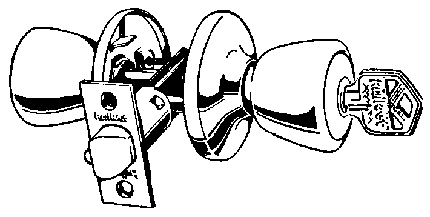Girl Has Online Identity Stolen & Used Against Her


I heard a horrifying story this week while in the UK about a girl who lost control of her online identity. This is not a story which has been picked over by pundits and bloggers, discussed in the advertising driven media or even with any legal authorities. This was a very personal story with a sad ending.
Essentially a boyfriend created a website and online identity for her as a vocalist and musician, but when that relationship ended he changed the user name and password of her sites and took over her online persona to insult her friends and associates and essentially forge negative relationships.
Sounds simple enough and the sort of thing you can laugh off as naivety, but the reality is it had her living in fear and ruined her life.
On the internet no one knows you're a dog, to revisit the nyt cartoon from the web 1.0/ dot com boom era. There is currently no effective way of verifying who someone claims to be, or whether someone's identity has been hijacked. This may sound overly paranoid but that is exactly what happened to this girl's online presence. Our online identity is something we tend to take for granted, yet financial identity theft has increased exponentially. As we flesh out more of our details in the social graph on Facebook and other sites, that information becomes more and more valuable. Losing control of your online personality to malicious enemies can result in 'you' making disparaging comments about people and issuing online challenges and allegations. Like financial fraud it can take time for you to notice anything has happened until it's too late.
Internet libel cases have little legal precedent and yet the web is the ideal place to plant erroneous information about people and companies, which then propogates through the search engines.
Transposing this issue to the world of corporate user names and passwords, we've already had bogus brands on Twitter, with imposters propagating negative stories and fooling industry pundits. Twitter is a pretty immature medium and currently the web's equivalent of the wild west in terms of open communication. False flag operations (covert operations conducted by governments, corporations, or other organizations, which are designed to deceive the public in such a way that the operations appear as though they are being carried out by other entities) are common throughout history, and the web provides a very effective vehicle for false information used for this type of action.
Why am I going down this depressing path? because to encourage people to participate in collaborative environments it is important to have a high level of trust, as has always been the case in any relationship building exercise.
People who know their work email can be read by IT and their superiors will be cautiously cagey in their communication, speak in code or use alternative means of communication. This in turn stifles effective communication and collaboration. It's important to know you have a level of personal control and privacy in your communication that is solid and that your privacy is respected. We need to be able to know that our security is well organized, just like knowing your front door is successfully locked and your home secure when you go out. Just as it is important to guard your keys it is very important to keep a tight control of your online persona for both your and your associates confidence level.
The UK musician who lost control of her online personality emigrated to Australia on the other side of the world to make a fresh start...